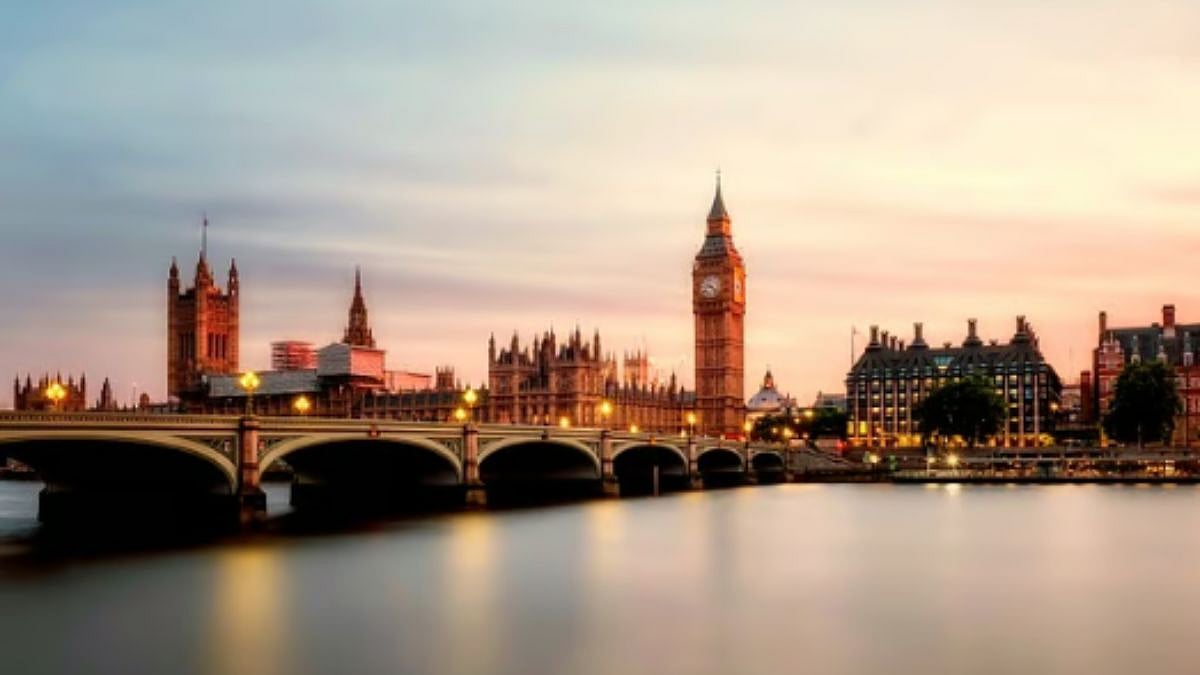Kyiv: A fire at Europe's biggest nuclear plant ignited by Russian shelling has been extinguished, Ukrainian authorities said on Friday, and Russian forces have taken control of the site.
It was feared that the fire may spread to nuclear reactors and lead to radiation leaks, but international monitors said on Friday morning that no changes in radiation levels have been recorded so far.
Russian troops had attacked the Zaporizhzhia plant in the wee hours of Friday; a fierce gun battle ensued between Putin's troops and Ukrainian forces that triggered a fire in a six-storey training building just outside the main complex. The Russian soldiers then stopped fire-fighters from accessing the building for several hours, western media reports said.
Moscow attempted to deny responsibility for the assault, saying its forces had come under attack by Ukrainian 'saboteurs' while patrolling the plant, who then set fire to the building themselves.
There is a storage facility for spent nuclear fuel at the site, though there was no sign that it was hit by shelling.
The assault led to frantic phone calls between Ukrainian President Volodymyr Zelenskyy and U.S. President Joe Biden and other world leaders. The US Department of Energy activated its nuclear incident response team as a precaution.
UK Prime Minister Boris Johnson has accused Russia of 'threatening the security of the whole of Europe’. He also called for an emergency meeting of the UN Security Council in “coming hours” to raise the issue of Russia's attack on the nuclear power plant.
President Zelensky branded it as 'nuclear terrorism’ and said the attack could have caused a crisis equivalent to 'six Chernobyls' – possibly alluding to the fact that the plant has six reactors. In an emotional speech in the middle of the night, Zelenskyy said he feared this may be “the end of Europe.’’
Ukraine is home to three other active nuclear power plants, one of which is located 70 miles from the city of Mykolaiv which Russian forces have begun attacking after seizing nearby Kherson. The other two active sites are located in the west and are not currently under threat, though that situation could change as the Russian attack fans out. Ukraine also has five sites which are out of action, including Chernobyl, but could still pose a risk if hit by shells, western media reports said.
Nuclear experts told the BBC that attacks on Zaporizhzhia were 'frightening' but any disaster caused by fighting would be similar to Fukushima in 2011 rather than Chernobyl in 1986. Fukushima, in Japan, melted down after a tsunami cut electricity to the plant, disabling its cooling system. Chernobyl exploded after a training exercise gone-wrong caused an uncontrolled nuclear reaction.
Russia's war against Ukraine is now entering its ninth day and shows no sign of stopping any time soon after talks between the two sides broke up without agreement, before Vladimir Putin went on TV to declare that he would keep battling for 'total victory.'
According to New York Times, across Ukraine, Russian forces are pressing ahead, laying siege to cities and trying to control vital ports. Russia’s continuing gains in the south could make it harder for Ukraine’s army to fight in other parts of the country.
Dozens of protesters chanting “NATO, act now!” stood outside the headquarters of the Atlantic military alliance in Brussels as foreign ministers met over Russia’s invasion. Meanwhile, Ukrainian officials have called for a no-fly zone to be imposed over Ukraine’s air space — an escalation that NATO is resisting for fear that it could draw member states into direct conflict.










